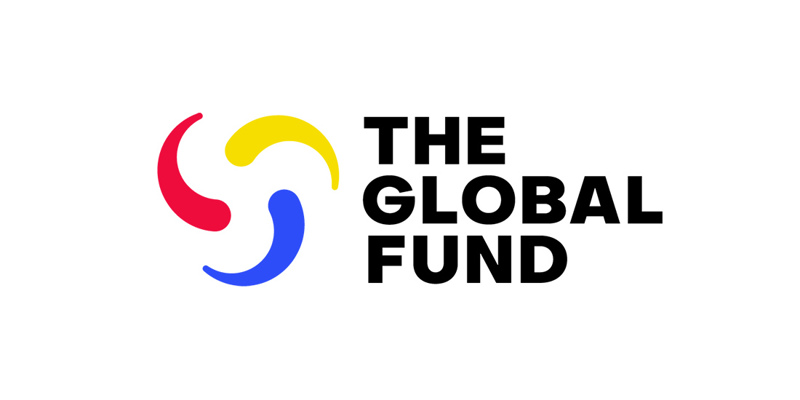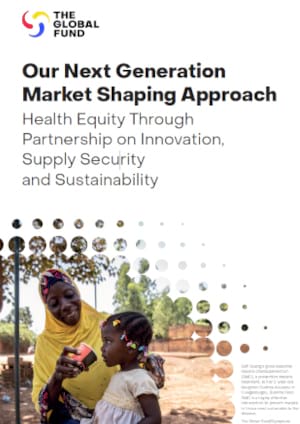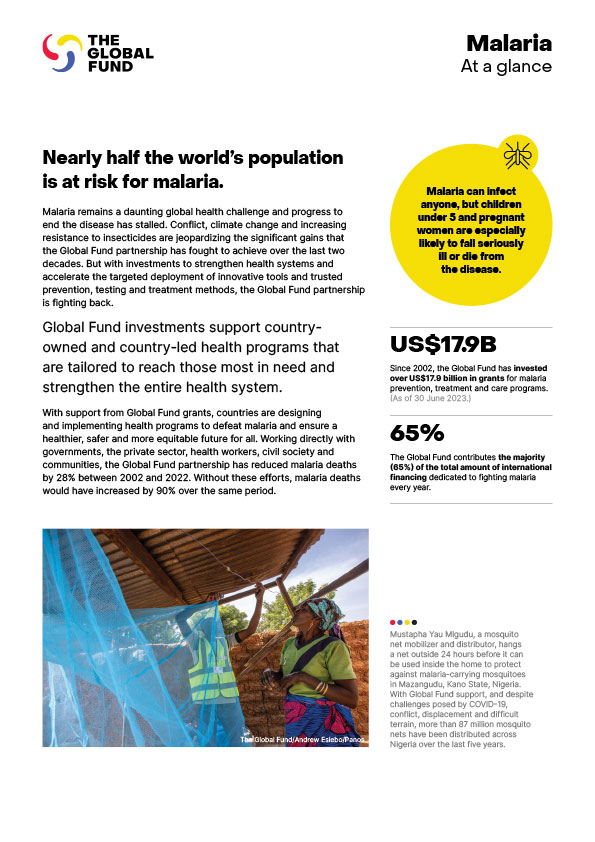The 2023-2028 Global Fund Strategy explains the core roles, principles and accountabilities of the different partners within the Global Fund Partnership. Countries, communities, technical partners, Principal Recipients, Country Coordinating Mechanisms (CCMs), and other partners all have important responsibilities within the global fight against HIV, tuberculosis and malaria. This section includes further information on how these responsibilities are applied through policies and procedures at the funding request development stage.
Eligibility Requirements for Country Coordinating Mechanisms
To be eligible to submit a funding request on behalf of a country to utilize and implement its allocation, the Country Coordinating Mechanism is evaluated to ensure it meets certain standards of good governance, transparency and inclusivity. Learn more about these requirements.
Country Dialogue Expectations
As a part of the Country Coordinating Mechanism Eligibility Requirements, CCMs are expected to carry out a transparent and inclusive funding application development process. Learn more about participating in these country dialogues.
Co-financing Requirements
Increasing domestic financing for health and the three diseases is an integral aspect of strengthening sustainability and fostering successful transitions from Global Fund financing. To catalyze this increased financing, the Global Fund has co-financing requirements which are differentiated by income classification and disease burden.
Protection Against Sexual Exploitation, Assault and Harassment
Protecting beneficiaries from sexual exploitation, abuse and harassment (SEAH) is an expectation of programs financed by the Global Fund. At the funding request stage, all applicants are asked to identify and mitigate SEAH risks. Learn more about the optional SEAH risk assessment [ download in English | Español | Français | Português ] .
During implementation, implementers of Global Fund Grants, suppliers, and CCM members are required to work to prevent and respond to SEAH. They are required to report allegations or concerns related to SEAH to the Global Fund. Learn more about these requirements and about how to report allegations or concerns.







